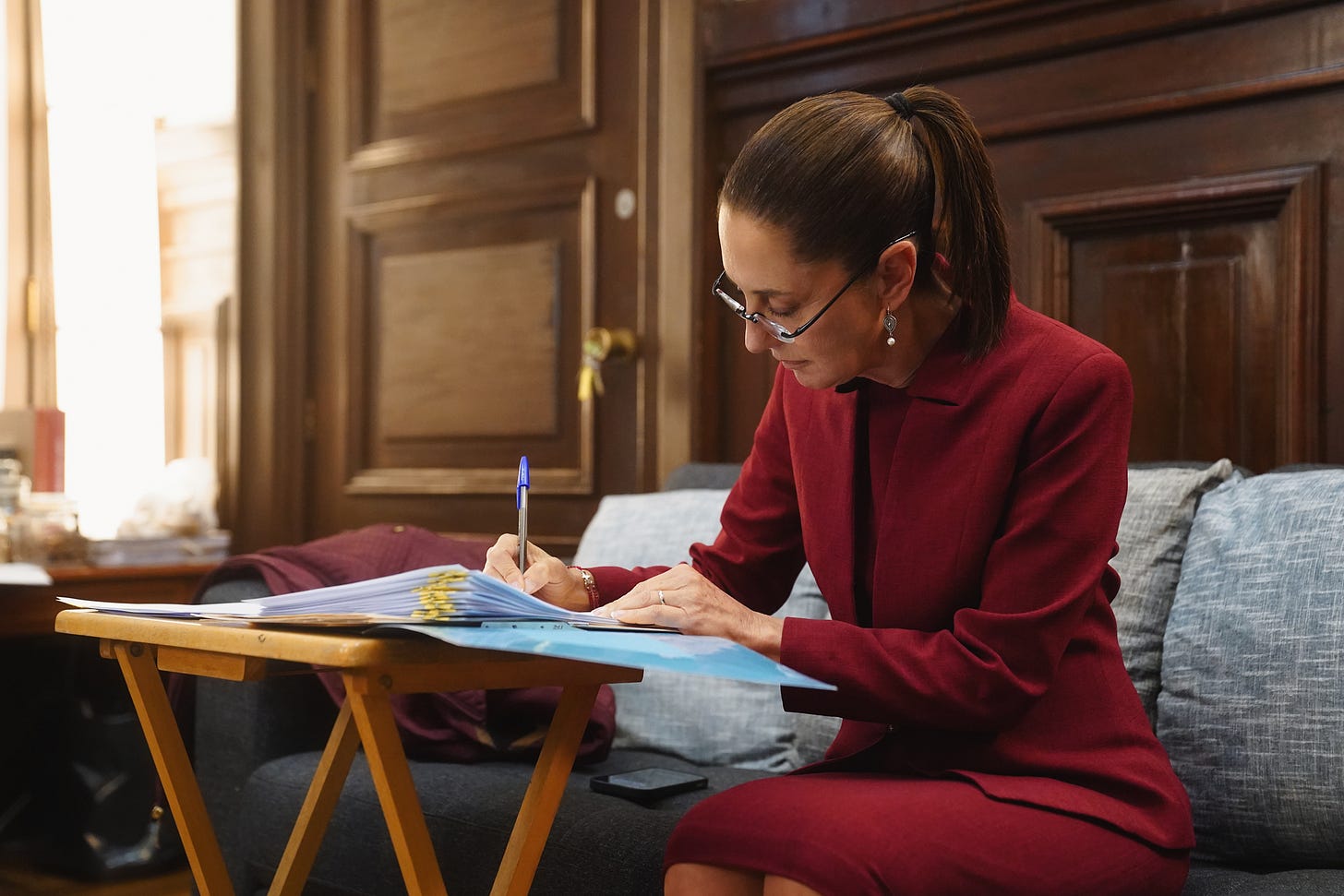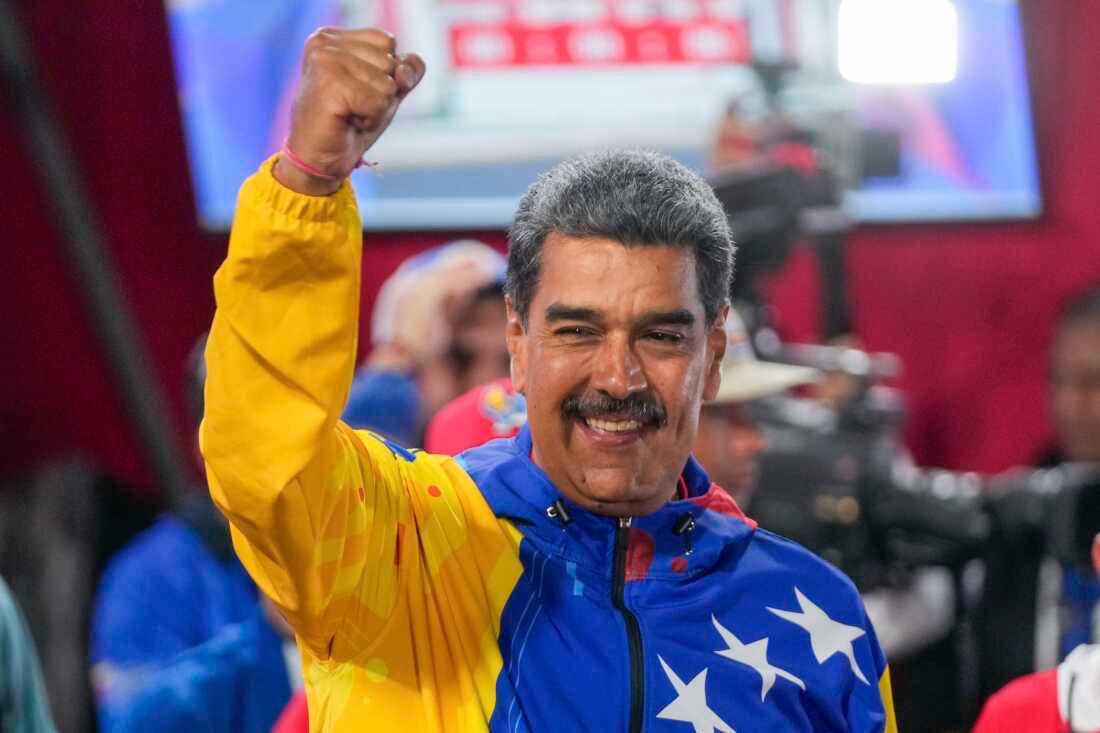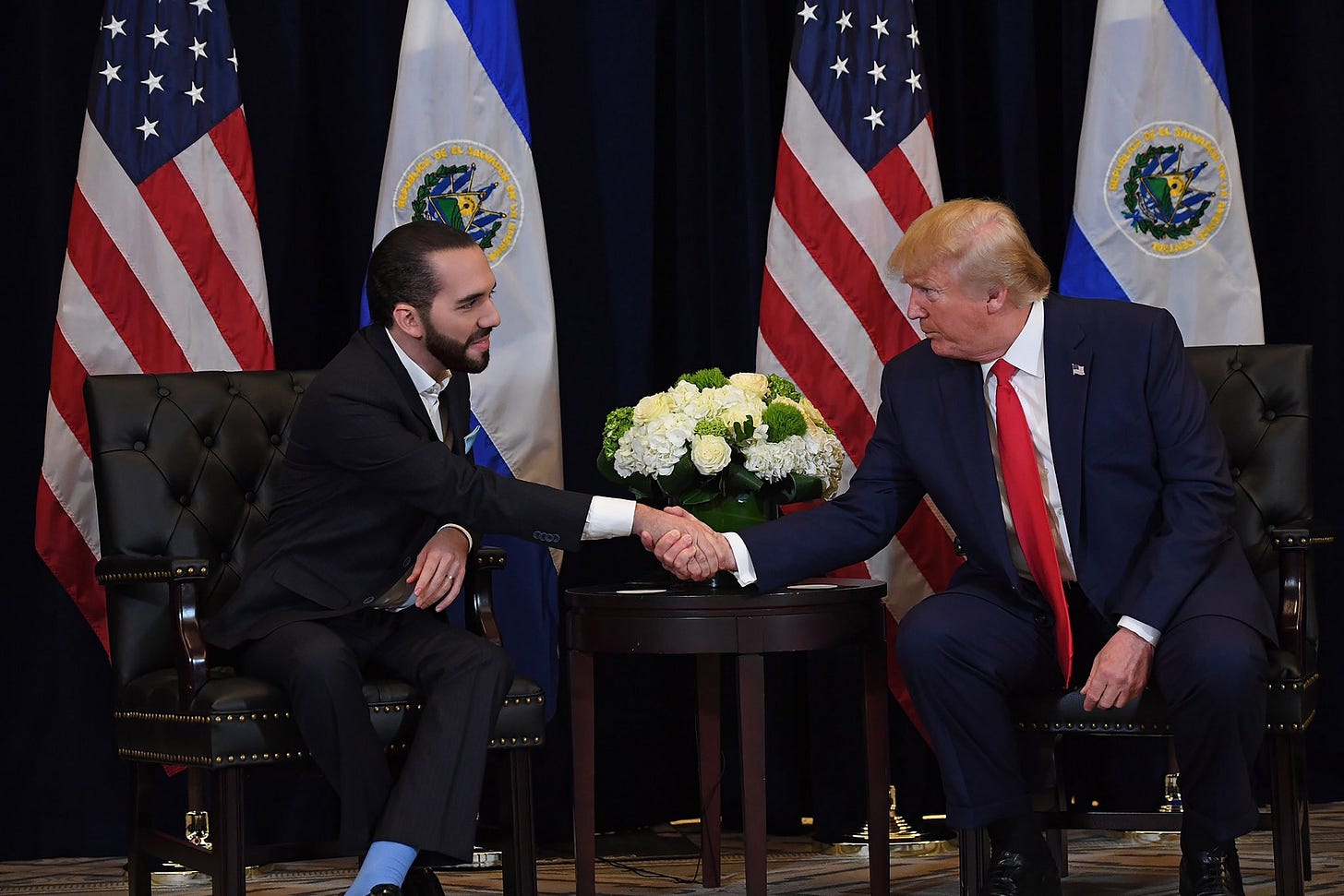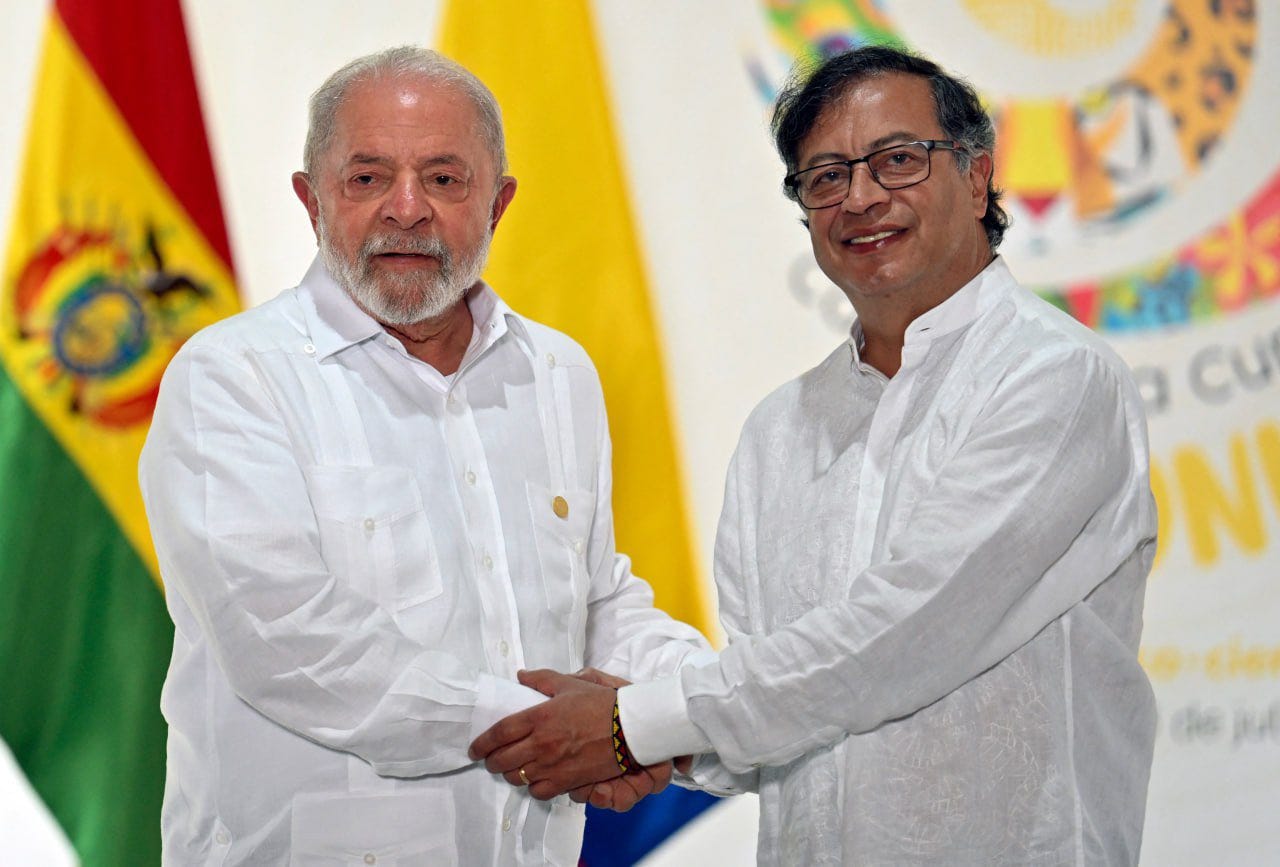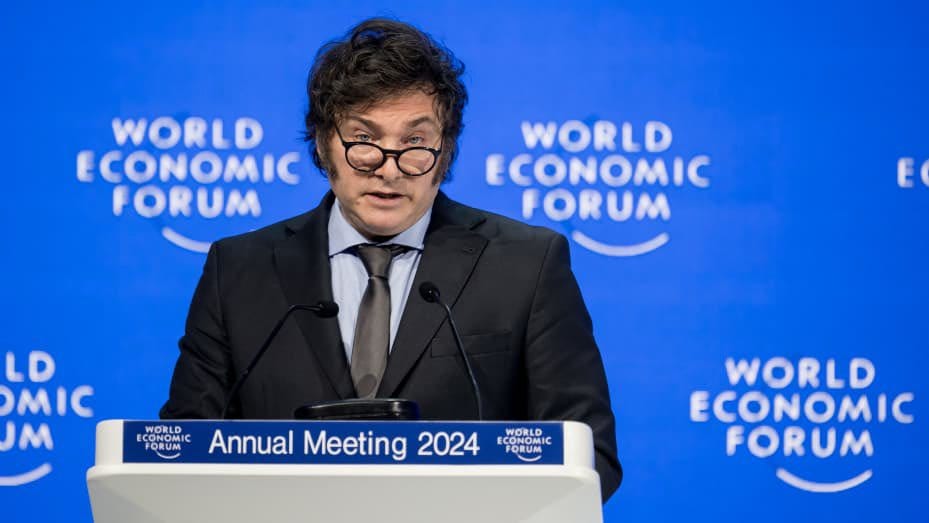Presidents in LATAM have complicated feelings about Trump, and they're not what you might think
PWS rates how leaders from some of the biggest countries will react to Trump, from "transactional" to "publicly fawning"
Donald Trump’s victory on Nov 5 sent the Democratic party into a tailspin of finger-pointing and theorizing about a loss that, for many liberal pundits, came as a shock. His “Make America Great Again” platform led Republicans to their first popular vote victory in presidential elections in 20 years, since George Bush’s 2004 campaign.
The election results sent shockwaves through Washington D.C and the pundit class, but they also reverberated far beyond the Beltway and worldwide. Trump’s populist economic promises during the campaign, such as placing tariffs on imported goods, and his aggressive migration policies, will deeply affect Latin American countries.
How will relations with the leaders of major Latin American countries fare under a Trump presidency? Most were quick to offer congratulations and cooperation on policies where they hope to find common ground with a president-elect who has often been accused of racism against Latinos.
The welcoming tone and congratulatory statements from leaders across Latin America belie the considerable tensions Trump is likely to bring to a region that will be at odds with his stated economic, migration, and drug policies.
But the chaos that Trump brings to office could also make for some unexpected political bedfellows in the years to come.
Mexico
Mexico stands to be the most immediately affected country in the region by U.S. policy changes.
Donald Trump has floated the idea of using U.S. special forces to carry out targeted killing of cartel operatives, and the once-fringe idea of carrying out bombings on cartel leaders and drug traffickers has gone mainstream in the GOP.
This would be a direct violation of Mexican sovereignty, a dynamic Sheinbaum alluded to in comments on Nov 6 calling for “dialogue and respect for our mutual sovereignties” between the two countries.
Trump has also threatened %25 tariffs on all goods imported from Mexico, with some sectors, such as auto-manufacturing, to be even higher. The protectionist policies were pitched by Trump on the campaign trail as a way to encourage domestic production and job growth, but many economists point out that tariffs drive up costs for businesses that need to import goods, and would likely raise inflation as well, hitting the very voters he vowed to protect hardest.
Total trade with Mexico is valued at almost $900 billion a year, and the two countries' economies are deeply tied together. However, Trump may be exaggerating his intentions to damage that economic relationship out of a motive to force concessions on another issue: migration.
The day after the U.S. elections Mexican President Claudia Sheinbaum congratulated Trump on his victory, writing “I am certain that we will continue to work together in a coordinated manner…to advance the broad bilateral agenda that links us.”
Mexico will be crucial not just to his plan to deport over 20 million undocumented migrants currently in the country, the U.S. has become dependent on Mexican authorities to crack down on migration before arrivals reach the U.S. southern border and accept those expelled while attempting to claim asylum.
Trump’s bluster may be at least partly bluff. Sheinbaum may ultimately possess a better hand of cards in the game of ‘Texas Hold ‘Em’ about to unfold between the two countries.
The Biden administration, as part of its policy of “deterence”, pressured Mexico to detain, delay, and prevent over 1 million migrants yearly.
In addition, despite sometimes aggressive rhetoric which served as red meat for their respective bases, Trump got along relatively well with AMLO, Sheinbaum’s predecessor.
Sheinbaum won elections running on a nearly identical platform to her predecessor. The official PWS prediction is that the relationship between the two will be transactional. Trump is trying to bully Mexico into doing his bidding, but Sheinbaum has some “trump cards” of her own she can deploy that threaten a successful Trump agenda if push comes to shove.
Venezuela
Trump infamously tried to topple the government of President Nicolas Maduro in 2019, and part of his base, especially among voters in Miami, would love to see him give it a second go.
But Trump reportedly views the debacle as the biggest foreign policy failure of his administration and grew increasingly frustrated with advisors who pushed him to support “interim president” Juan Guiadó to replace Maduro.
John Bolton, one of the architects of Trump’s Venezuela policy, was forced to resign, and the Post at the time reported that Trump thought Bolton “had been played” by opposition representatives into believing Maduro was weaker than he was.
But both Maduro and Trump have been quietly signaling for months that a reset in that antagonistic relationship may be on the table.
Venezuela’s Foreign Ministry issued a warm statement welcoming Trump shortly after he declared victory, calling for a “fresh start” in relations between the two countries.
Maduro, and the leader of his political party, Diosdado Caballo, have both appealed to Trump, with Diosdado saying it was time “to end the war.”
When the Venezuelan government likely stole elections in July of this year, many Republicans were very vocal in their criticism, yet Trump remained silent.
He has even complimented Maduro during Stump speeches on the campaign trail, claiming that Caracas was “extremely safe” and “a beautiful city,” falsely claiming that Maduro had sent all the criminals to the U.S., something that he said “he would do as well. I understand.”
He also invited Elon Musk to visit the city after their victory during an interview on Twitter with the website owner.
Maduro seems to be rolling out the red carpet for Trump in the hopes of avoiding international isolation. He has been abandoned by former allies like Lula in Brazil and Petro in Colombia.
Trump, who also repeatedly promised during the campaign to avoid international problems will need Venezuelan permission to deport Venezuelan citizens, and he may pitch a reset of relations as a victory in “peacemaking”.
PWS predicts that Maduro would be all-in on such a deal, but that Trump will face pressure from GOP leaders like Marc Rubio. That internal opposition might not matter, however. The Republican party is now officially the party of Trump.
El Salvador
Nayib Bukele, in El Salvador, has been a vocal admirer of Trump for years. They share many of the same right-wing allies in the tech sector, and Bukele has become a rising star in the Latin American right wing for his brutal crackdown on crime in the country as well as his high approval rating.
But Trump doesn’t like competition. He has attacked Bukele publicly most recently at CPAC.
El Salvador’s President is “sending all of his criminals, his drug dealers, his people that are in jails, he’s sending them all to the United States,” Trump said. “He’s trying to convince everybody what a wonderful job he does in running the country. Well, he doesn’t do a wonderful job.”
Bukele did not engage and has since publicly supported Trump’s campaign. The two will likely get along well, as long as El Salvador cooperates with U.S. migration policy.
Bukele has gone all-in on BitCoin and partnerships with the tech sector, though so far he has little to show for it. He needs a good relationship with Trump to maintain credibility among the Latin American right.
Trump is negotiating from a strong position with the Bukele government, not just in terms of U.S. economic might, but also politically, for both his influence among conservatives across the continent and his contacts among the tech billionaires who have become an integral part of the Trump campaign.
Bukele will effectively be at Trump’s mercy, which is not an enviable position.
Colombia and Brazil
Brazil, which boasts the biggest economy in Latin America, has signaled that it will “go along to get along” with the Trump administration. Though a progressive, Lula has made economic development a core goal of his administration (one that has often interfered with his conservation and green energy promises).
The veteran lawmaker is no stranger to deal-making. Trump will likely try to push the country away from economic ties to China and boost the far right in the country, but Trump has few levers to pressure Brazil.
Relations with Brazil will likely be transactional and professional on Lula’s end, if not warm.
In Colombia, however, a long-time close ally of the United States, a more complicated panorama is developing.
Leftist Colombian President Gustavo Petro congratulated Trump, and the United States more broadly on its election process, and pointed to common ground the two leaders might share regarding the wars in Ukraine and Gaza. “Trump says he did not come to start wars, but to stop them,” he said in a public statement on Twitter, “If so, he will have my full support.”
Trump did not get along well with Petro’s predecessor, Iván Duque, and repeatedly criticized him publicly after their mutual Venezuela plottings failed to remove Maduro.
Trump repeatedly threatened to decertify Colombia as a partner in the U.S.-led War on Drugs, a categorization that would have meant Colombia be considered a “rogue state”, like Venezuela.
Petro has ended coca eradication in Colombia, and publicly spoken out against the War on Drugs, though his domestic policy has been one of crackdowns on cocaine shipments — police seizures reached an all-time high this year.
But coca production in Colombia is at record levels as well, and this will put Petro squarely at odds with Trump's policy. Colombia and the U.S., have a long and close relationship, however, and Petro likely does not want to jeopardize that.
The Darien Gap, the lawless jungle crossing from Colombia to Panama will also be a factor in their relationship. Petro has so far effectively ignored the issue but will come under pressure from the Trump administration to regularize the border.
Much like Sheinbaum, Lula and Petro will be transactional with their U.S. counterparts.
Argentina
Argentinean President Javier Milei is a superfan of Trump. He spends a considerable amount of his time on Twitter fawning over Trump. Two days after the elections, he announced plans to visit the U.S. to congratulate Trump in person.
Argentina is likely very low on Trump’s list of international priorities, however, and though Trump congratulated Milei on his win, telling him in a message to “make Argentina great again,” it seems that Milei has more enthusiasm for Trump than Trump may have for Milei.
Nonetheless, Trump needs allies in the region and has proven that he rewards devotion. Milei will likely continue embarrassing himself to flatter Trump without much in return to show for it beyond some encouragement.
LATAM is in for one hell of a ride.



